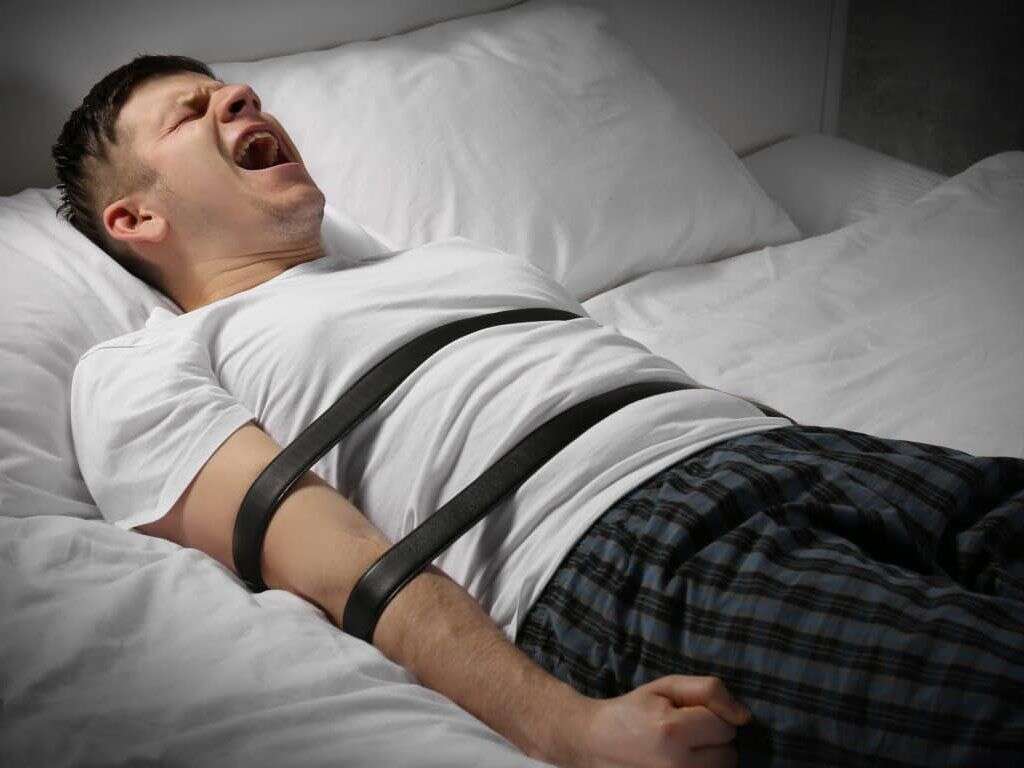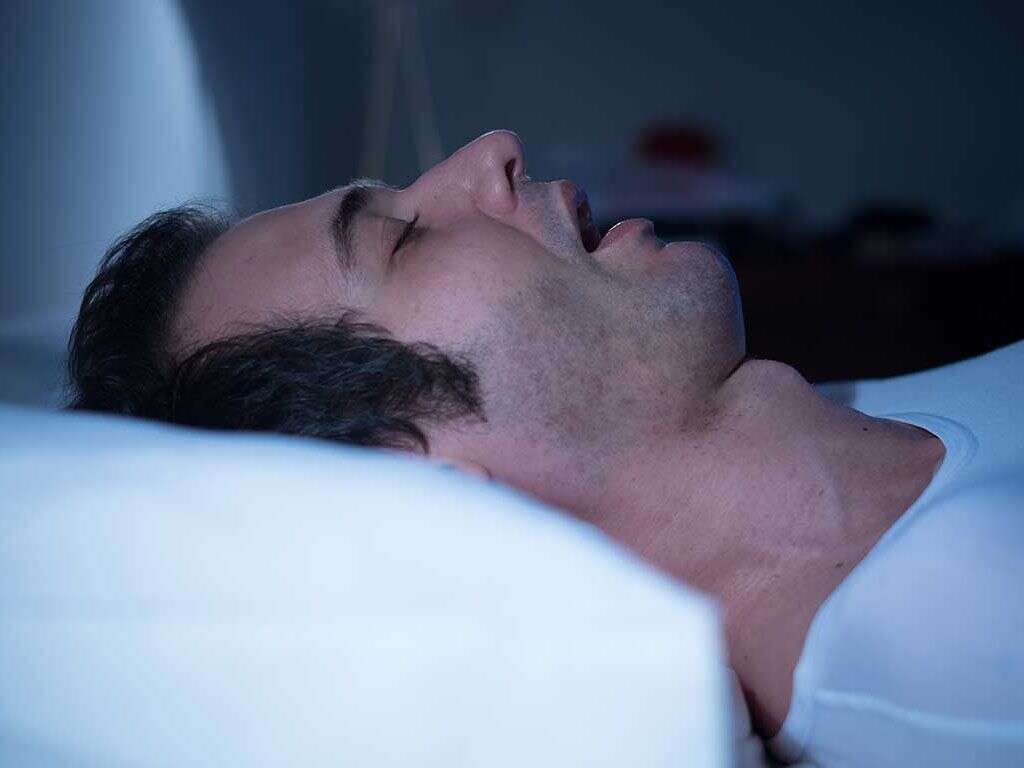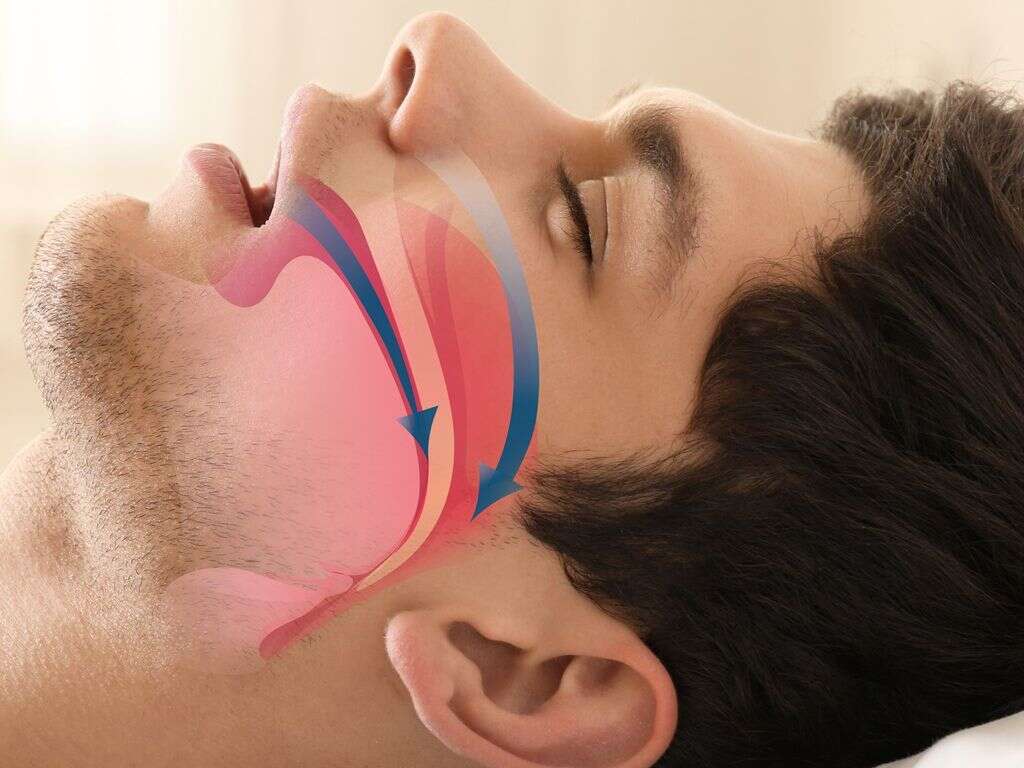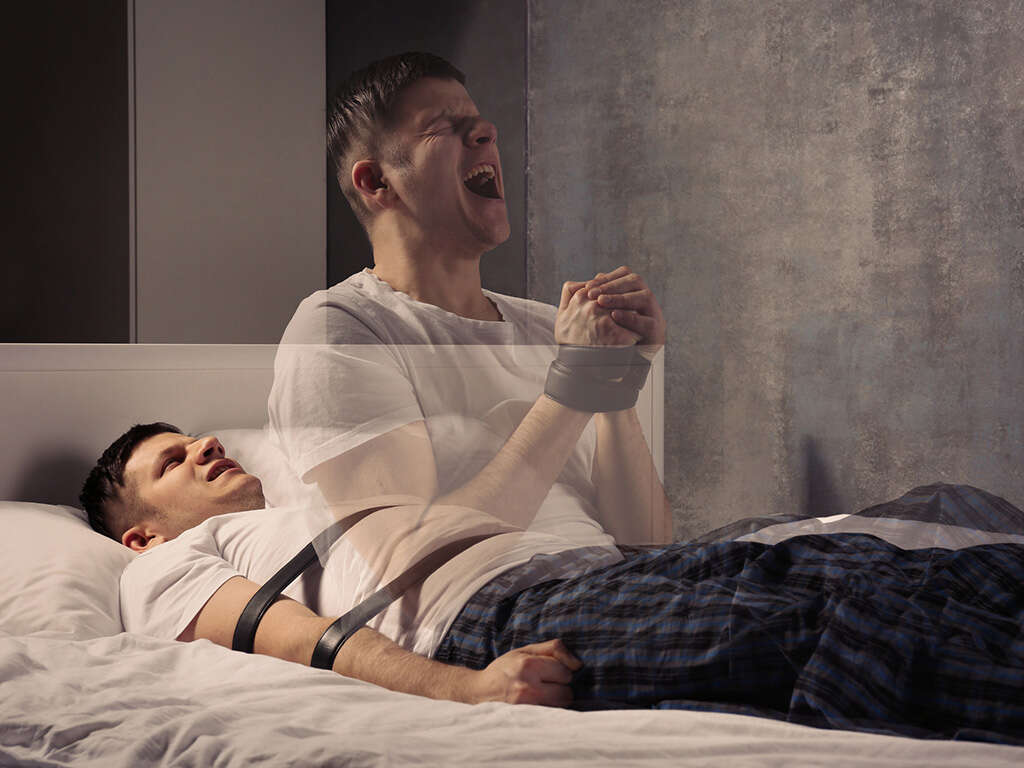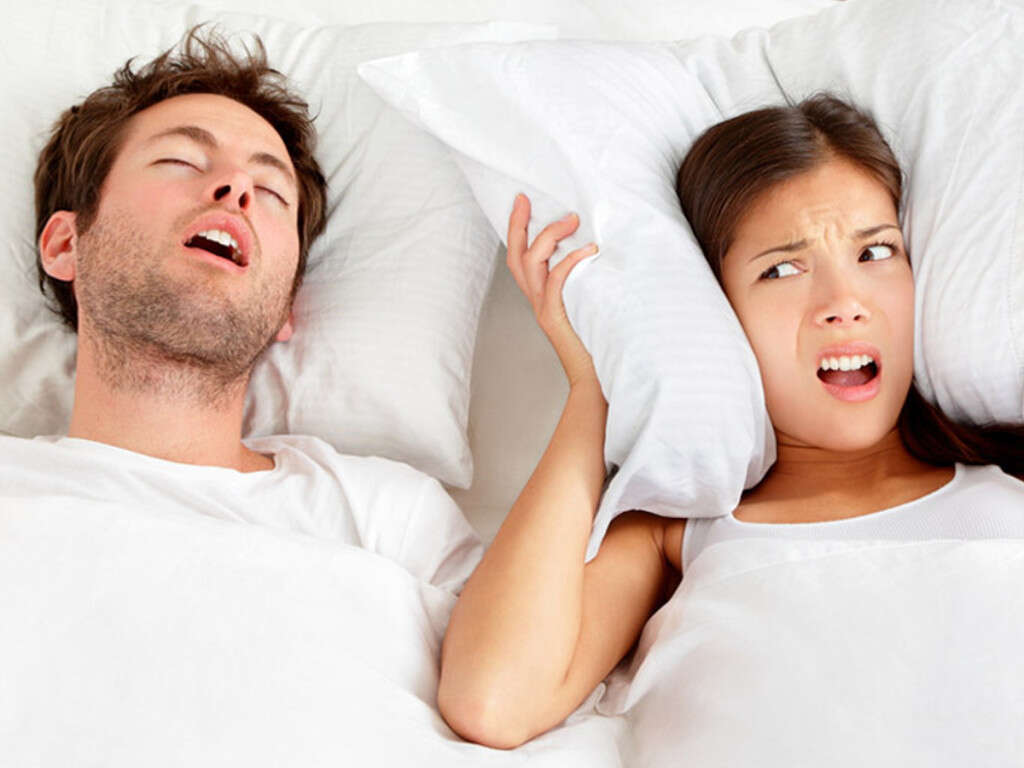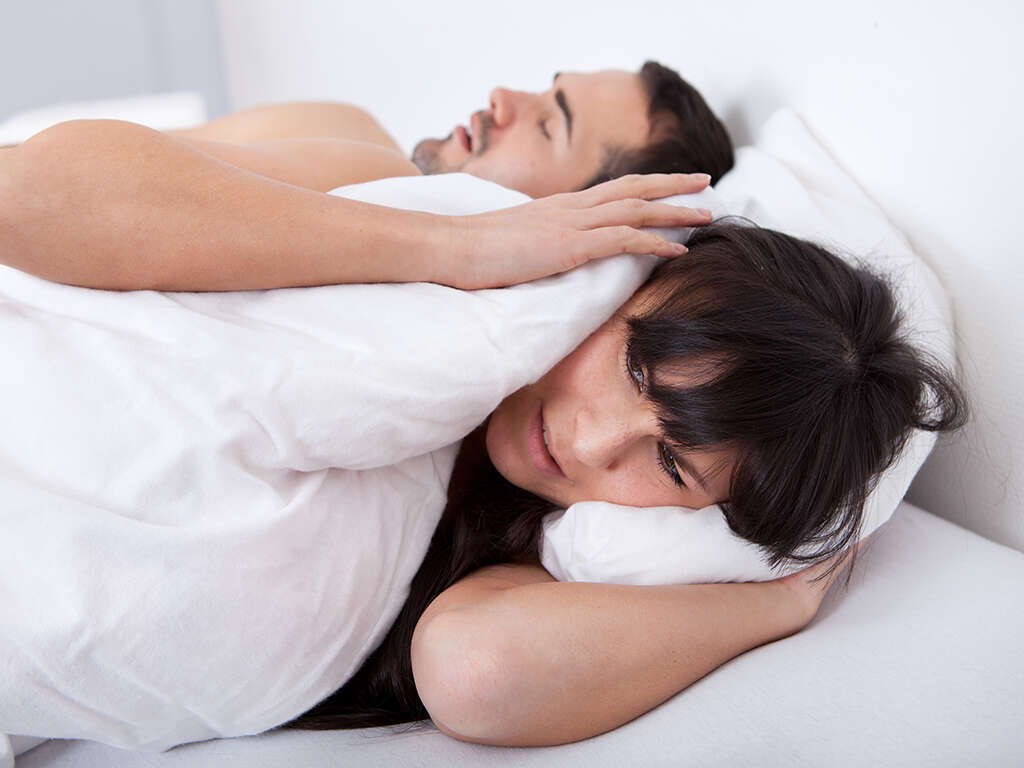10 Sleep Apnea Symptoms
Advertisement
Sleep apnea is a fairly serious sleep disorder that occurs when a person has trouble breathing during sleep. A person suffering from sleep apnea will stop breathing at points during their nightly rest, which will cause their sleep cycle to be interrupted. This can happen hundreds of times in a night, which can make it very difficult for a person with the condition to get a good night’s sleep.
During this process, the brain might not be getting enough oxygen. This can lead to some serious complications in addition to making it extremely difficult to get a good night’s rest.
There are two main kinds of sleep apnea.
-
Obstructive sleep apnea, or OSA, is the most common form of the condition. It’s caused when there’s a blockage in the airway. This can happen when the tissue that’s found towards the back of the throat collapses while a person’s sleeping.
-
Central sleep apnea is different than OSA because there’s not necessarily a blockage. However, in this case, the brain forgets to communicate effectively with the body, so the body doesn’t get the message that it should be breathing. The muscles don’t trigger the breathing reflex and the person will begin losing oxygen.
Today we’re going to outline some of the most common symptoms of sleep apnea so you can decide whether or not you should go to the doctor and get it checked out.
Advertisement
Symptom #1: High blood pressure
High blood pressure is a condition in which the blood vessels of the body are constricted which prevents blood from being effective transported throughout the body. Also known as hypertension, high blood pressure can cause a number of symptoms.
High blood pressure, if left untreated, can contribute to heart disease and strokes - two other things that can also emerge as a result of sleep apnea. If you’re obese, drink a lot, or smoke, then you’re much more likely to develop high blood pressure as a result of sleep apnea.
Advertisement

Advertisement



